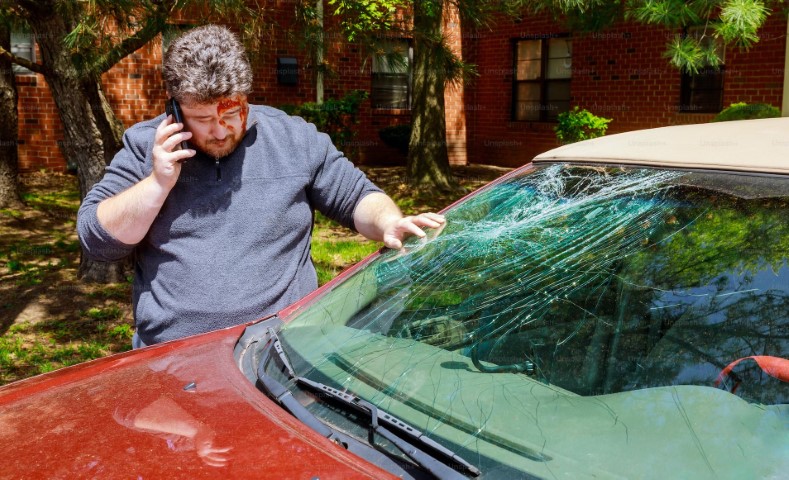 Rideshare services like Uber and Lyft have changed the way people get around. It’s super easy to tap a few buttons on your phone and go from one location to another. But what happens when your quick trip turns into a not-so-fun adventure because of an accident? This article discusses the common injuries that can happen in these situations and how they’re covered under rideshare accident claims. Knowing this can help you in the favorable settlement process if you ever find yourself in such a spot.
Rideshare services like Uber and Lyft have changed the way people get around. It’s super easy to tap a few buttons on your phone and go from one location to another. But what happens when your quick trip turns into a not-so-fun adventure because of an accident? This article discusses the common injuries that can happen in these situations and how they’re covered under rideshare accident claims. Knowing this can help you in the favorable settlement process if you ever find yourself in such a spot.
Whiplash: The Sneaky Neck Snapper
Whiplash is like that uninvited guest at a party who shows up and makes a mess. It happens when your head is suddenly thrown forward and back, like a whip. It might not sound like much, but it can cause a lot of pain and neck problems. And the tricky thing is you might feel fine right after the accident, but then the pain kicks in later.
In rideshare accident claims, whiplash is a common injury that’s covered. Insurance companies know this dance well and are usually prepared to deal with it. So, if your neck starts feeling sore after that unexpected car shuffle, it’s probably whiplash saying hello.
Broken Bones: More Than Just a Crack
Breaking a bone is no joke. It’s painful and can put you out of action for weeks or even months. When cars collide, the force can be enough to break bones in passengers. We’re talking about arms, legs, ribs – you name it.
These injuries are pretty straightforward in a rideshare accident claim. They’re clear-cut, and X-rays don’t lie, so insurance companies tend to cover them without fuss. It’s like having undeniable proof that you were hurt in the accident.
Concussions: The Invisible Bruise
A concussion is a brain injury that can happen even if you don’t hit your head directly. The sudden stop of a car can make your brain shake up inside your skull, and that’s not good. Concussions can mess with your head, causing headaches, dizziness, and even problems with concentration and memory.
These injuries can be trickier since they are less visible than a broken bone. But they’re taken seriously in rideshare accident claims, especially with a doctor’s diagnosis. It’s important to get checked out if your head’s not feeling right after an accident.
Cuts and Scrapes: The Surface Story
Cuts and scrapes might seem minor, but they can still be a big deal, especially if they’re deep or get infected. Glass from shattered windows or metal from twisted car parts can leave some nasty marks.
Rideshare accident claims usually cover these injuries because they’re visible proof of the accident’s impact. Plus, they can lead to other issues like scars, which nobody wants as souvenirs from their rideshare experience.
Emotional Trauma: The Hidden Wound
Not all injuries are about broken bones or bruises. Sometimes, the worst damage is the kind you can’t see. The emotional trauma after an accident is real. It can make you scared to get into a car again or even leave you with nightmares and anxiety.
This kind of injury is definitely recognized in rideshare accident claims, but it’s a bit more complex. You might need a professional’s opinion to help make your case, but it’s worth mentioning if your mind is feeling the aftershocks of the accident.
Back Injuries: The Long-Term Guest
Back injuries from car accidents can be severe and long-lasting. They can range from strained muscles to herniated discs, and they can mess with your day-to-day life in a big way.
These injuries are often covered under rideshare accident claims because they can greatly impact your life. They might require ongoing treatment or even surgery, and the costs can add up. Documenting everything if your back starts acting up after an accident is important.
Rideshare accidents can leave you with more than just a messed-up travel plan. They can cause real injuries that affect your health and your wallet. But the good news is that these common injuries are usually covered under rideshare accident claims. If you’re ever in this situation, remember to document everything and immediately seek medical attention. If you need help navigating the favorable settlement process, don’t hesitate to reach out to a professional who can guide you through it. Stay safe out there!










